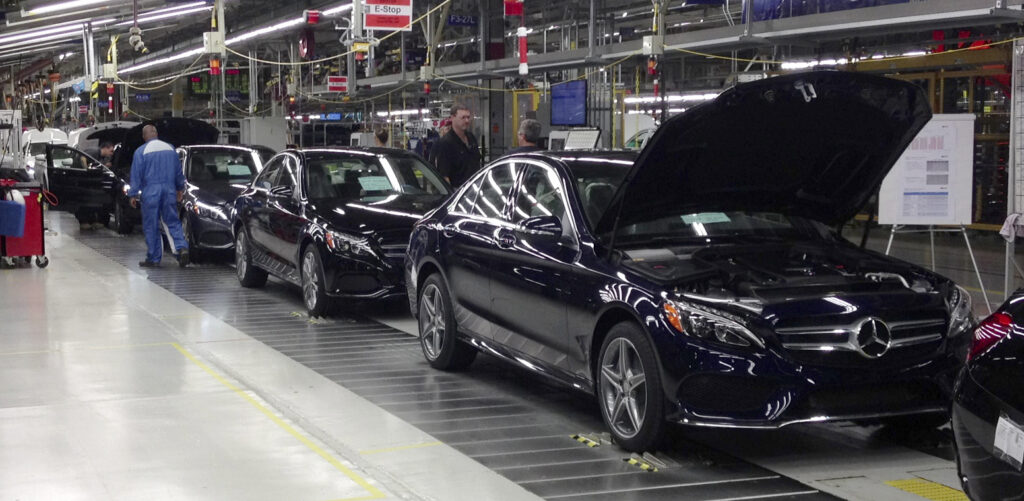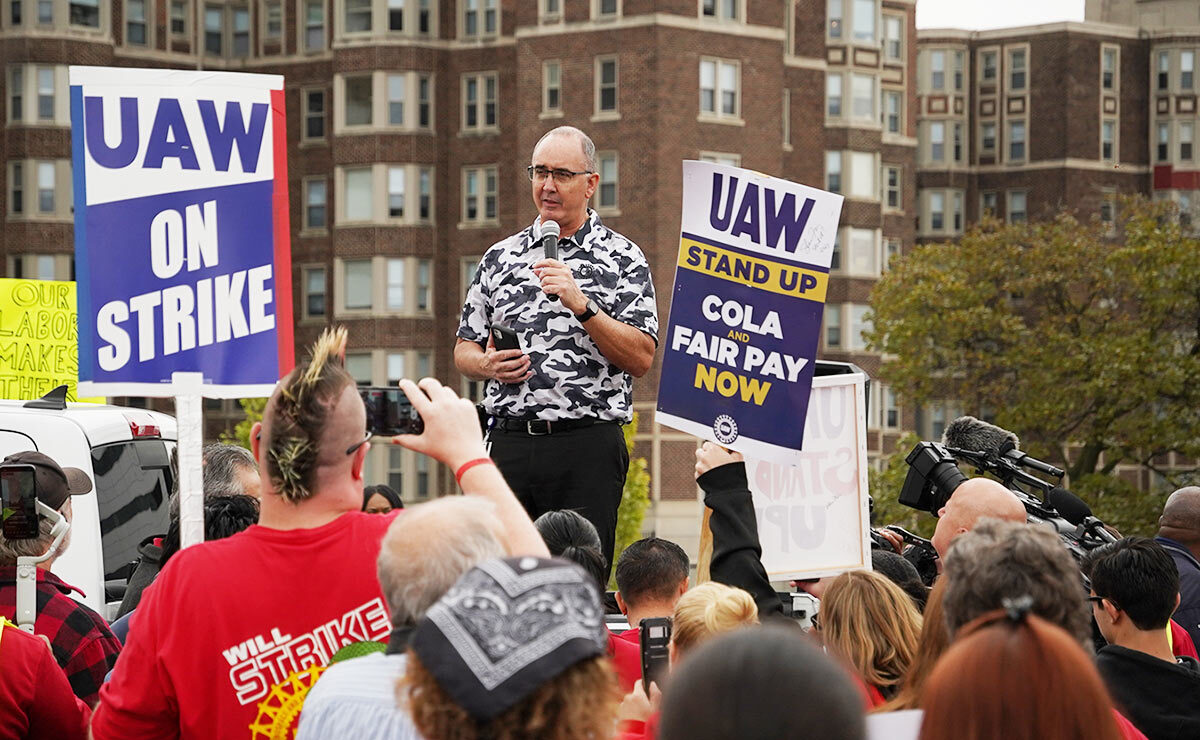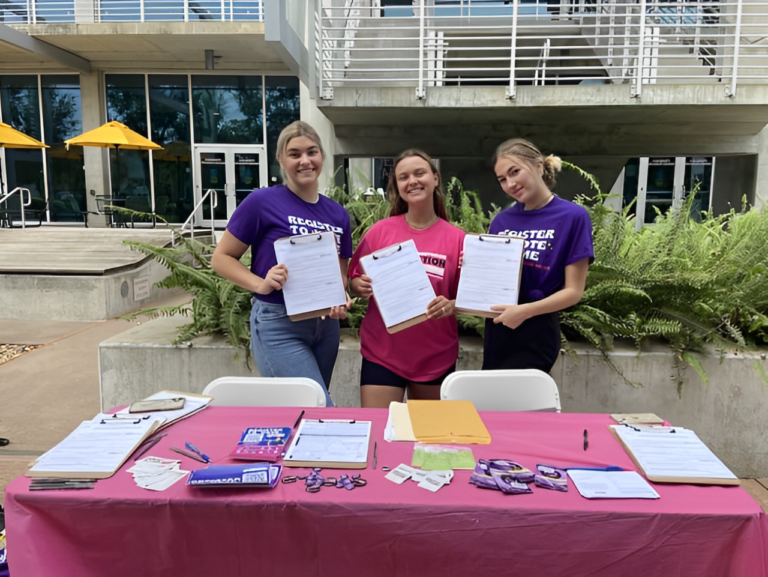On April 5, the United Auto Workers (UAW) announced that a significant majority of workers at the Mercedes-Benz plant in Alabama have signed union cards and petitioned for a vote on union representation.
This move could have significant implications for Alabama, a right-to-work state, and other similar states as the UAW aims to bolster its membership.
The Mercedes-Benz plant in Tuscaloosa County employs around 6,000 workers, making it one of the largest auto plants in the South.
If the workers proceed with a vote, it would mark the second recent unionization effort in the region. Workers at a Volkswagen plant in Chattanooga, Tennessee, are also preparing for a union vote in the coming weeks.
The UAW plans to apply to the National Labor Relations Board (NLRB) for a union vote at the Mercedes-Benz plant and hopes to hold the election as early as May.
Jeremy Kimbrell, a measurement operator at Mercedes, expressed support for the unionization effort, highlighting the need to address workers’ concerns about fair compensation and treatment.

However, Alabama Governor Kay Ivey has criticized the unionizing effort, suggesting it is politically motivated by President Joe Biden and the UAW, which typically supports Democrats.
Ivey emphasized the success of Mercedes-Benz in Alabama without a union presence since 1993 and warned against outside interference in the state’s affairs.
- Abbott Vows to Continue Busing Migrants to Sanctuary Cities Until Next Presidential Election
- FBI Seeks Additional Victims of Texas Man’s Cyberstalking Scheme
- Senator Tim Kaine Criticizes U.S. Response to Israel-Gaza Conflict: Calls for Humanitarian Aid
The debate over unionization at the Mercedes-Benz plant underscores broader issues of worker rights and economic interests in Alabama. The outcome of the union vote could have far-reaching consequences for labor relations in the state and beyond.







+ There are no comments
Add yours